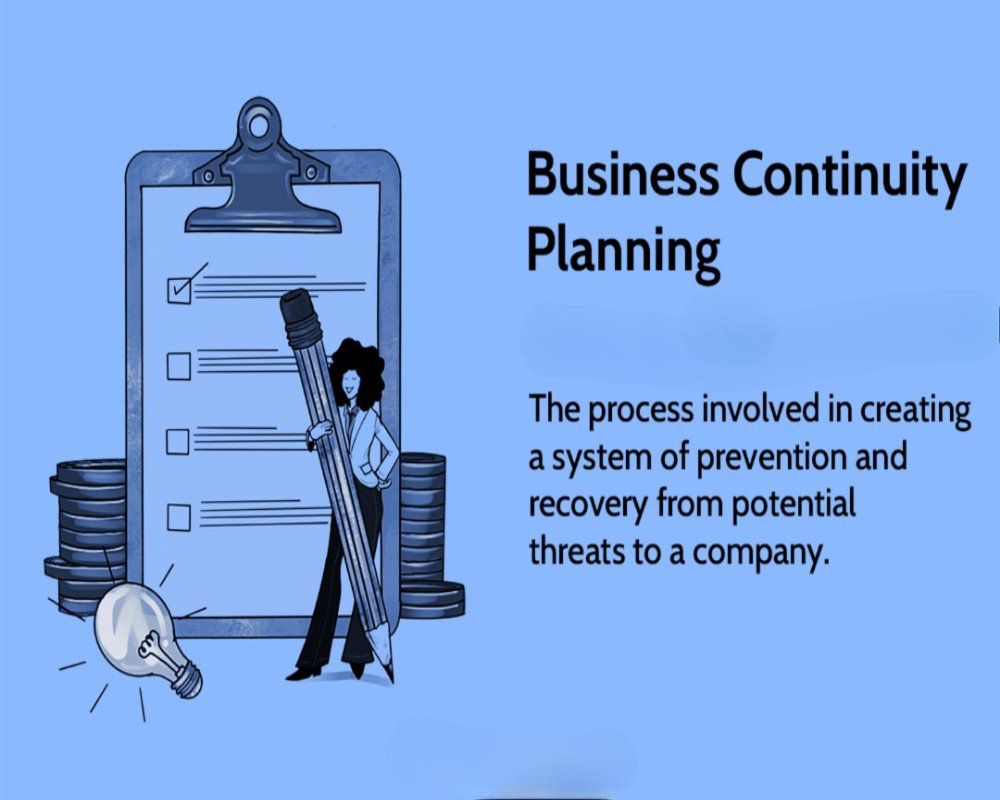Introduction
In today’s fast-paced business environment, power interruptions can have significant impacts on operations, leading to financial losses, reduced productivity, and damaged reputations. To mitigate these risks, backup generators play a crucial role in business continuity planning. They ensure that critical systems, equipment, and services continue to operate during power outages, minimizing downtime and maintaining essential operations. Businesses across industries, from healthcare and retail to manufacturing and data centers, rely on backup generators to safeguard against unexpected power failures and ensure the smooth continuation of their activities.
Importance of Backup Generators
Backup generators provide a reliable source of power in emergencies. In the event of a power failure caused by weather events, equipment malfunctions, or grid overloads, these generators ensure that businesses remain operational. They are particularly essential for sectors where downtime is not an option, such as healthcare, financial services, and telecommunications.
Types of Backup Generators
Several types of backup generators are used in business continuity planning, each with specific features suited to different business needs:
- Diesel Generators: Diesel-powered generators are commonly used for backup power due to their reliability, fuel efficiency, and ability to provide high power output. They are suitable for both short-term and long-term power needs.
- Natural Gas Generators: Natural gas-powered generators are another popular choice, especially for businesses with easy access to natural gas lines. They offer a cleaner and more environmentally friendly alternative to diesel generators.
- Gasoline Generators: While less common for commercial applications, gasoline-powered generators can serve as backup for small businesses or temporary needs.
- Battery-Powered Generators: For smaller-scale operations or specific applications, battery-powered systems provide a clean and quiet backup solution.
Sizing the Backup Generator
Properly sizing the backup generator is essential to ensure that it meets the power requirements of critical systems during an outage. Factors to consider include the total wattage of equipment that needs to be powered, startup surges for certain appliances (like HVAC units or large machinery), and the duration for which the backup power will be required. A qualified professional can assess the load and recommend the appropriate generator size.
Automatic Transfer Switch (ATS)
An Automatic Transfer Switch (ATS) is a vital component of a backup power system. The ATS automatically detects power failure and switches the load from the grid to the backup generator without manual intervention. This ensures a seamless transition and minimizes downtime, allowing businesses to maintain operations with minimal disruption.
Maintenance and Testing
Regular maintenance and testing are crucial to ensuring the backup generator operates effectively when needed. Routine checks, including inspecting fuel levels, oil, filters, and electrical connections, help identify potential issues before they become critical. Testing the generator under load conditions ensures it can handle the required power demands during an actual outage. Proper maintenance increases the generator’s lifespan and reliability.
Fuel Management
Backup generators, especially diesel and natural gas types, rely on fuel sources that must be stored and managed effectively. Regular fuel checks, including ensuring proper fuel quality and sufficient reserves, are necessary to prevent fuel contamination or depletion during an emergency. Businesses should also establish procedures for fuel replenishment and storage to ensure adequate supply during prolonged outages.
Cost Considerations
While backup generators provide significant benefits, they also come with upfront costs for purchasing and installing the equipment. In addition to the initial investment, businesses must consider ongoing maintenance, fuel expenses, and potential repair costs. However, these costs are outweighed by the financial losses a business would incur due to power outages, which can lead to missed revenue, data loss, and service disruptions.
Compliance with Regulations
In some industries, backup generators are not only an operational necessity but also a regulatory requirement. For example, healthcare facilities are often required by law to have backup power sources to ensure life-sustaining equipment remains operational during power interruptions. Commercial businesses should ensure their backup generators meet local safety standards and regulatory guidelines.
Backup Power for Critical Systems
During a power outage, not all systems in a business may require backup power. The key is to identify and prioritize critical systems, such as servers, emergency lighting, security systems, medical equipment, and refrigeration units, for backup power. A business continuity plan should clearly outline which systems need to remain operational and for how long.
Integration with Business Continuity Plans
Backup generators should be part of a broader business continuity plan (BCP), which includes risk assessments, emergency response procedures, and recovery strategies. By incorporating backup power into the BCP, businesses can ensure that they are prepared for power outages and can quickly recover from them, minimizing operational disruption and maintaining service delivery.
Conclusion
Backup generators are a critical component of business continuity planning, helping businesses stay operational during power outages and reducing the risks associated with downtime. By selecting the appropriate generator type, sizing it correctly, ensuring proper maintenance, and integrating it into the broader business continuity strategy, companies can safeguard against potential disruptions and protect their bottom line. With backup power in place, businesses can continue to provide essential services, protect valuable assets, and maintain their reputation, even in the face of unexpected power failures.
Hashtags
#BackupGenerators #BusinessContinuity #DisasterRecovery #PowerOutageSolutions #EmergencyPreparedness #BusinessResilience #GeneratorInstallation #PowerBackup #OperationalContinuity #RiskManagement #EnergySecurity #BusinessPlanning #UninterruptedPower #CriticalInfrastructure #GeneratorMaintenance #SustainableBusiness #EmergencyPower #BusinessSafety #ContinuityPlanning #PowerReliability


